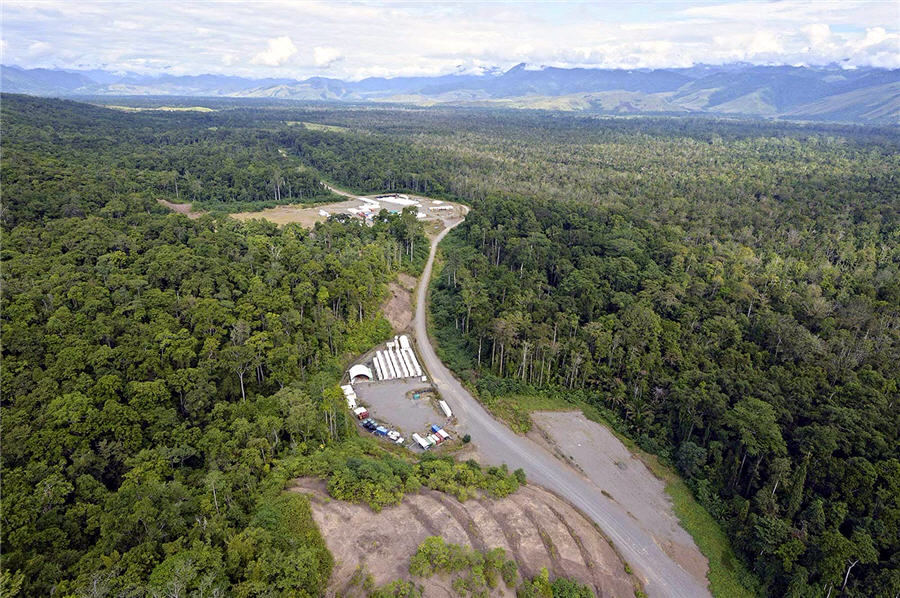
The United States and a group of Pacific allies are proposing to finance a power plant to kick-start the Wafi-Golpu mine in Papua New Guinea, one of the world’s largest untapped gold resources, two sources familiar with the plan said.
The proposal would be the first to be funded by a partnership of the United States, Australia, New Zealand and Japan that pledged to support electricity projects in Papua New Guinea (PNG) during the Asia Pacific Economic Co-operation Summit held in November in the capital of Port Moresby.
The countries promised to fund projects to provide electricity for up to 70 percent of the PNG population by 2030, a centrepiece of efforts to undercut Chinese influence in the Pacific.
Officials from the four countries met last month in Port Moresby with the PNG government to discuss the power plant funding for Wafi-Golpu, jointly owned by Newcrest Mining and Harmony Gold, the two sources said.
The exact size of the investment has yet to be concluded, but the coalition is seeking to back a power natural gas-fired station that would eventually be owned and operated by the PNG government, the sources said.
“If the mine can get reliable power, it could be a major revenue earner for PNG,” a U.S. source who attended the meeting told Reuters.
UBS estimates the mine could produce 270,000 ounces of gold and 160,000 tonnes of copper each year from around 2025
He declined to be identified as he is not authorised to talk to the media.
Representatives for Australia’s Foreign Minister Marise Payne and the country’s Department of Foreign Affairs did not immediately respond to requests for comment.
“We would welcome any proposal that would bring reliable power to the region,” said Christopher Maitland, a spokesman for Newcrest.
Wafi-Golpu is located about 65 km (39 miles) southwest of Lae, the second-largest city in Papua New Guinea, according to the joint venture’s website.
UBS estimates the mine could produce 270,000 ounces of gold and 160,000 tonnes of copper each year from around 2025.
Newcrest and Harmony hope the government will grant a mining licence for Wafi-Golpu in July, said Newcrest’s Maitland.
By providing support for the mine and its power supply, the U.S.-led group is hoping to boost its diplomatic standing in the Pacific.
“Infrastructure is the proxy for the greater competition happening between the U.S with its allies and China,” said Nick Bisley, professor of international relations at Melbourne’s La Trobe University. “The U.S. has to deliver on major projects to ensure it doesn’t lose ground on China.”
The United States and its allies worry that China is increasing economic aid to the Pacific region to exert influence over vast swathes of resource-rich ocean and international forums like the United Nations.
(By Colin Packham; Editing by Christian Schmollinger)